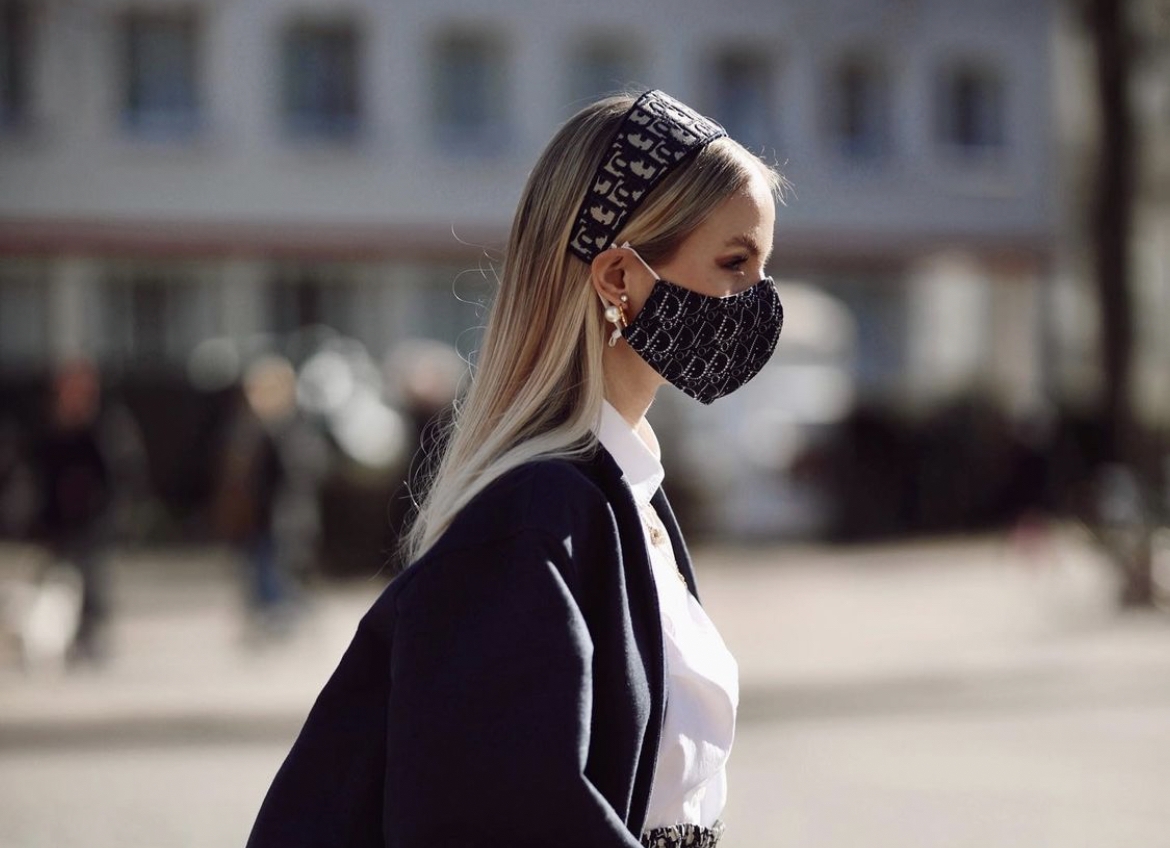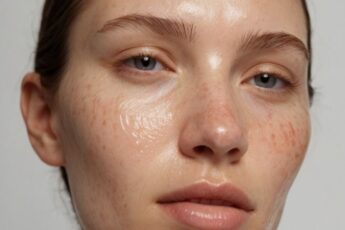Infectious diseases are caused by germs such as bacteria, viruses, fungi, or parasites. Not all germs are harmful, as some may actually help us stay healthy, but some cause infections. They can spread either directly from person to person, through close contact, or indirectly from an infected person to an object, e.g., a door handle, and then to another person.
Fortunately, there are simple things you can do to prevent the spread of different infectious diseases at the places you spend the most time at – home, school, or work – and in public. Washing your hands often and thoroughly is an essential first step. Making sure that you stay at home when you feel sick can also be a gamechanger, as can be ventilating your apartment or covering your mouth when sneezing or coughing. These days, as an extra preventative measure, you can also buy COVID test kit to test yourself and avoid going out when carrying the virus.
Below, you will find more information about what you can do to prevent infections from spreading. Do it for yourself and others!
You’ll also like this:
The Secret of Beautiful Skin: Double Cleansing
Hypersensitive Skin? And Everything Makes You Break Out? Yours Only Is Here To Help
How To Spend A Dreamy Weekend in Port Stephens
How to reduce the spread of infections with these 5 easy tips
1. Wash Your Hands
The most effective way to prevent the spread of infections is to often wash your hands with soap and water. It doesn’t take long, and it’s the simplest and most cost-effective measure you can take to fight off germs. In fact, handwashing is so important that it’s recommended as one of the top practices for preventing infections in health care facilities, schools, child care centers, and households.
Also, washing your hands does not need to be a long process – only 20 seconds will do the trick. In those 20 seconds, all you have to do is wet your hands with water, apply soap, rub your hands together, rinse them under running water, and then dry your hands on a clean towel. This is a simple precautionary step that should be taken every time you use the bathroom, after you touch objects or surfaces in public places, after you sneeze, cough, or blow your nose, and before you prepare food.
2. Ventilate Your Home
We’re all aware of how stuffy an unventilated house can get. Opening a couple of windows from time to time will greatly improve the air quality in your house or apartment. Ventilating is also an effective way of preventing respiratory issues. Open your windows no matter the weather outside to improve ventilation and prevent mold growth.
Furthermore, you can use an air purifier to keep the air inside clean and fresh. Such a device sanitizes the air, which may include pollutants, allergens, and toxins. Certain models have filters that catch and trap particles as air runs through them; others may neutralize particles in the air without filtering first. If you decide to buy an air purifier, you need to pay attention to its capacity – the bigger the room, the stronger this device must be. Visit TerraBloom, on how to install the best inline duct fan.
3. Cover Your Mouth When Sneezing or Coughing
When people sneeze or cough, they spread germs into the air around them – these germs can be caught by others through their breath or touch. One of the best ways to keep yourself and others safe is to cover your mouth when you sneeze or cough. You can use the crook of your arm or a handkerchief – not the palm of your hand!
This may sound like an obvious thing to do, but too many people still neglect covering their mouths whenever they sneeze or cough. This habit needs to be formed early on in life, so if you have children or have contact with any regularly, make sure to teach them to do it. Also, if possible, make an effort to wash or sanitize your hands after you sneeze or cough.
4. Don’t Leave Your House Sick
Going to work when you’re unwell is never a good idea. Not only will you put your coworkers at risk of infection, but you will also likely be miserable and unable to perform your duties, not to mention that you won’t be able to recover properly. As such, it’s imperative for any person who’s not feeling well to stay at home, especially at times like these.
It doesn’t matter whether you are coming down with a cold or have a stomachache – if you feel sick or weak in any way, spend the day at home instead. Another thing that could help is wearing a face mask if you feel you’re coming down with something, but you need to leave your house.
5. Avoid Touching Your Eyes, Nose, and Mouth
Airborne viruses can spread from one person to another through direct contact with their respiratory secretions (i.e., saliva and mucus). In other words, if someone sneezes or coughs on you and you touch your eyes, nose, or mouth, you might get infected. Bacteria can also be easily consumed if you do anything with dirty hands.
As such, touching your face with dirty hands is a big no-no. Not only does it transfer germs from your hands to your face, but it can also cause some nasty infections – such as conjunctivitis, for example, or even cold sores.
You should always make sure to wash your hands thoroughly before touching your eyes or mouth – there are plenty of alcohol-based hand sanitizers available that can be used in place of regular soap and water if you don’t have access to a sink.
Conclusion
While you can’t avoid infectious diseases entirely, you can do a lot to prevent them from spreading. When it comes to infections, handwashing is the number one thing you need to do regularly. Making sure that you keep yourself and others safe is vital, so don’t go to work when you are feeling sick. If you must leave your house when sick, wear a face mask – not only will this protect you from getting worse, but it will also prevent germs from spreading to those around you.
Remember to use hand sanitizer, cover your mouth when sneezing or coughing, and make sure to ventilate your home or use an air purifier. These simple precautionary steps can make a huge difference.
You’ll also like this:
We Tested La Roche-Posay Retinol B3 Serum For Glowing Skin









Leave a Comment